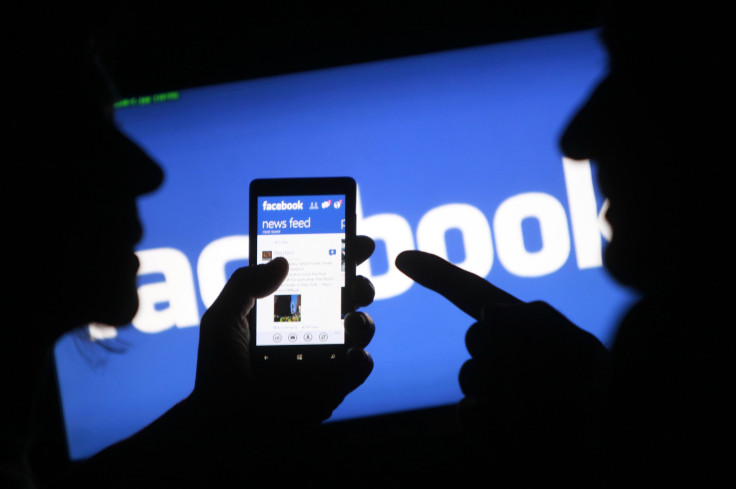Facebook And Your Health: Having Over 300 Facebook Friends Increases Stress Among Teens

Another day, another study showing that too much social media is bad for our health. At least the minds over at Facebook have started looking into suicide prevention tools for when their website results in depressive symptoms. A recent study conducted by researchers from the University of Montreal has found that having more than 300 friends on Facebook can increase a teenager’s levels of cortisol — the stress hormone.
"The preliminary nature of our findings will require refined measurement of Facebook behaviors in relation to physiological functioning and we will need to undertake future studies to determine whether these effects exist in younger children and adults," said lead researcher Professor Sonia Lupien in a statement. "Developmental analysis could also reveal whether virtual stress is indeed 'getting over the screen and under the skin' to modulate neurobiological processes related to adaptation."
Lupien and her colleagues recruited 88 study participants between the ages of 12 and 17. Each participant was asked to complete a short survey gauging their frequency of Facebook use, number of friends on social media, self-promoting behavior, and supporting behavior they displayed toward their friends on social media. Researchers also collected cortisol samples four times a day for three days.
Understanding that each participant’s stress levels measured by cortisol levels are not entirely due to Facebook, the research team estimated that the isolated effect of the social media site on cortisol levels was around 8 percent. Adolescents with more than 300 Facebook friends showed higher cortisol levels, which paints a grim picture for Facebook users with 1,000 to 2,000 friends.
"We did not observe depression in our participants. However, adolescents who present high stress hormone levels do not become depressed immediately; it can occur later on," Lupien added. "Some studies have shown that it may take 11 years before the onset of severe depression in children who consistently had high cortisol levels."
This is just one of the many recent studies giving weight to the emerging field of cyberpsychology, or social media’s impact on mental health. Although no participants from the study displayed any symptoms of depression, Lupien referenced recent studies showing that 13-year-olds with high cortisol levels have a 37 percent increased risk for depression by the age of 16.
A similar study conducted by researchers from the University of Queensland’s School of Psychology found that Facebook users often exhibit a decreased sense of self-worth when they feel they are being ignored by their social media friends. Among two groups of undergraduate psychology majors, the group that was not allowed to post anything to Facebook reported suffering from a need for fulfillment. This group also suffered a decreased sense of belonging and meaningful experience due to being on Facebook but not being able to share information.
Source: Morin-Major J, Marin F, Durand N, Wan N, Juster R, Lupien S. Facebook behaviors associated with diurnal cortisol in adolescents: Is befriending stressful? Psychoneuroendocrinology. 2015.



























